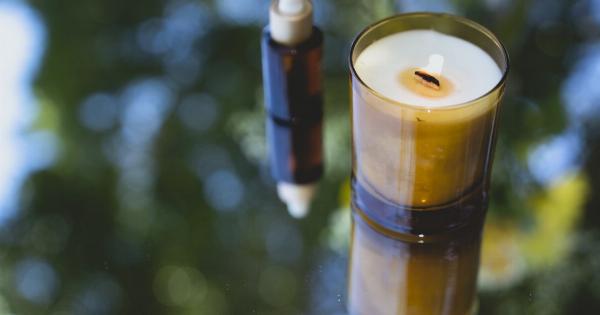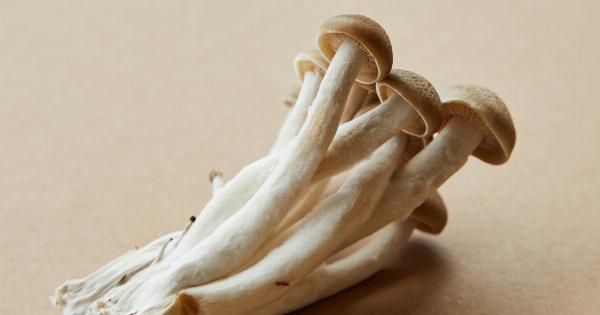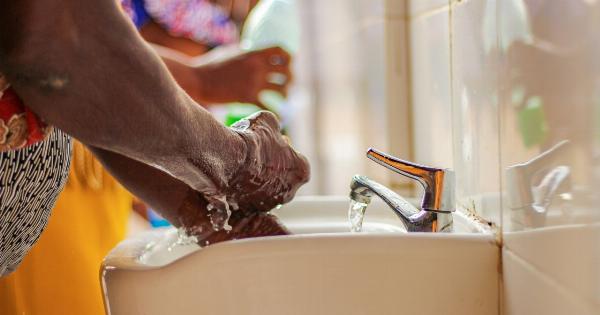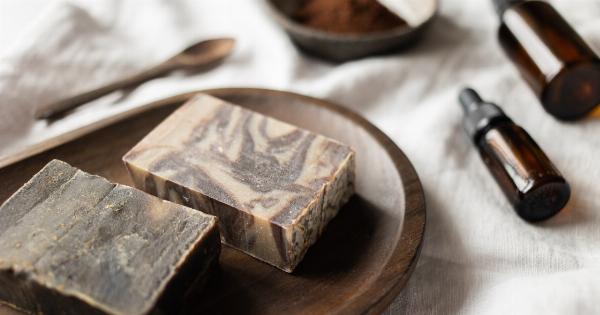Coughing is a common ailment among children, with more than half experiencing it at least once a year.
While coughing is indicative of the body’s natural defence mechanism, prolonged and severe bouts can be distressing for both the child and the parents. A number of pharmaceutical cough syrups are available in the market, but their safety is in question, as most of them contain chemicals that can lead to side effects.
Parents, therefore, are turning to herbal treatments to manage the symptoms of coughing. Here are some of the herbs that can help alleviate coughing in children.
1. Honey
Honey is a natural cough suppressant. It has also been found to have antimicrobial properties that can help in combating the bacteria or virus causing the cough. Give your child a spoonful of honey before bedtime for better sleep quality.
However, honey should not be given to infants aged below 1 year, as it can contain botulism spores that can cause harm to their under-developed immune system.
2. Ginger
Another popular herb used to treat coughs is ginger. Ginger has anti-inflammatory and analgesic properties that can help alleviate a sore throat, make phlegm easier to expel, reduce coughing, and prevent a recurrent attack.
You can give your child ginger tea, a slice of fresh ginger with honey or ginger lozenges. However, ginger should be given only in moderate quantities, as excess consumption of ginger can cause heartburn and aggravate symptoms of acid reflux.
3. Thyme
Thyme has antifungal, antibacterial and antiviral properties that help in fighting respiratory tract infections. Its active ingredients, thymol, and carvacrol, can loosen the mucus and calm the spasms in the airways.
You can give your child thyme tea or use thyme sprigs in cooking. However, thyme should not be given to children with a history of allergies to mint, oregano or other herbs in the same family.
4. Licorice
Licorice root contains compounds that soothe sore throats, loosen mucus, and boost the immune system. You can make licorice tea with honey and let your child drink it to experience relief from a coughing fit.
However, licorice root in excess can lead to high blood pressure and should not be given to children with hypertension, hypokalemia or kidney disease.
5. Slippery elm
Slippery elm is a tree that is native to North America. Its bark contains mucilage, which can help soothe throat dryness, relieve pain and reduce coughing fits.
You can make a cough syrup by mixing slippery elm bark powder with water and letting it steep for a few minutes. The syrup can be sweetened with honey for taste.
6. Marshmallow root
Marshmallow root has mucilage that coats the throat, helps loosen mucus and calm a cough. It can be given in the form of tea, lozenges or capsules.
However, there are few studies on its safety and efficacy in children, and it should not be given to children with diabetes or hypoglycaemia.
7. Eucalyptus oil
Eucalyptus oil is a natural decongestant that helps in reducing coughing in children by clearing the respiratory tract of mucus. You can add a few drops of eucalyptus oil to a bowl of hot water and let your child inhale the steam.
However, eucalyptus oil should be used carefully and in moderation, as excess inhalation can have adverse effects such as seizures and respiratory distress.
8. Pineapple juice
Pineapples contain bromelain, which is an enzyme that helps in breaking down the mucus in the respiratory tract. Drinking pineapple juice can, therefore, help in reducing coughing in children.
It is important to choose fresh pineapple juice as canned pineapple juice may contain additives that can irritate the throat and cause further coughing.
9. Sage
Sage has antibacterial properties that can be effective in managing coughs. You can give your child sage tea with honey for taste. However, excessive consumption can lead to side effects such as seizures, dizziness, and vomiting.
10. Mullein
Mullein is used as a traditional remedy for coughs and respiratory infections. It contains compounds that soothe the lungs, reduce inflammation and promote healing. You can make mullein tea by boiling the dried leaves in water and letting it cool.
Mullein should not be given to children with bleeding disorders or on medication that can thin the blood.
Herbal remedies have been used for centuries to manage coughs and colds, and they continue to be popular, as people turn to natural alternatives to improve their health.
However, it is important to use herbs only after consulting with a paediatrician, as certain herbs can interfere with prescription medications and cause side effects. In addition, not all herbs are safe for all children, and it is important to follow the recommended dosages and instructions for use.




























